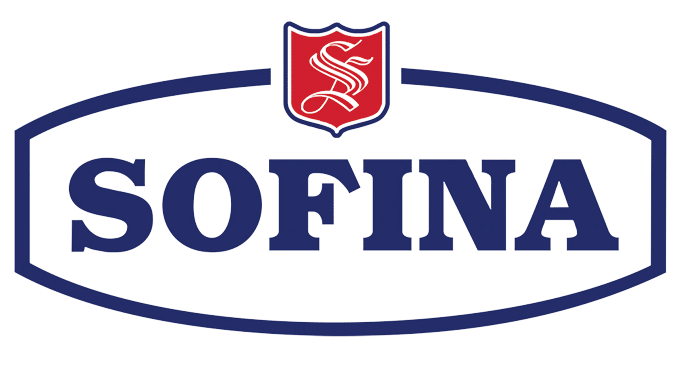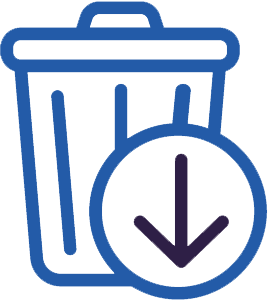
Waste Reduction
Wastage is everywhere.
And much of the wastage that we see in manufacturing is avoidable.
Reduce Production Wastage
Waste reduction solutions encompass energy wastage reduction, as well as monitoring of raw materials and labour wastage. By implementing these solutions, organisations can optimise their operations, minimise raw materials and labour wastage and accurately track energy consumption. This approach improves operational efficiency, whilst encouraging sustainability and environmental responsibility.
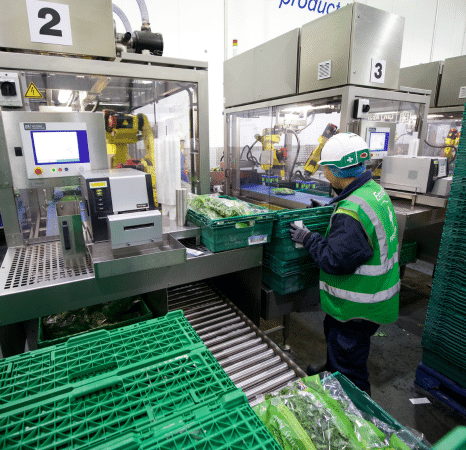
Identify & Minimise Wastage
Implementing waste reduction solutions empowers manufacturers to minimise wastage, enhance efficiency and reduce operational costs. Through effective monitoring of raw materials and labour, users identify and minimise wastage, leading to optimised resource utilisation and streamlined processes.
Accurate measurement and analysis is essential; you can’t improve what you don’t measure.
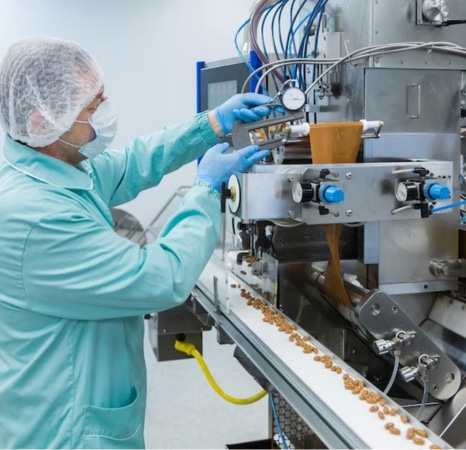
Reducing Environmental Impact through Sustained Performance Improvement
Waste reduction solutions encompass a range of strategies to minimise inefficiencies and promote sustainability in manufacturing. These include monitoring and reducing raw materials and labour wastage, implementing energy tracking systems to identify and address energy wastage and adopting efficient processes. By integrating these solutions, companies can optimise resources, reduce costs, and enhance their environmental performance, contributing to overall operational excellence and competitive advantage.

Raw Materials and Labour Wastage/Monitoring
Harford raw materials and labour wastage monitoring solutions enable manufacturers to track, analyse and optimise their material usage and labor resources. This empowers them to reduce wastage, enhance operational performance, and reduce transformation costs.


Energy Wastage (Energy Tracking)
Harford energy wastage reduction solutions provide real-time monitoring and help minimise energy consumption in manufacturing processes. With precise tracking of electricity, businesses can identify opportunities for savings and optimise their energy usage.

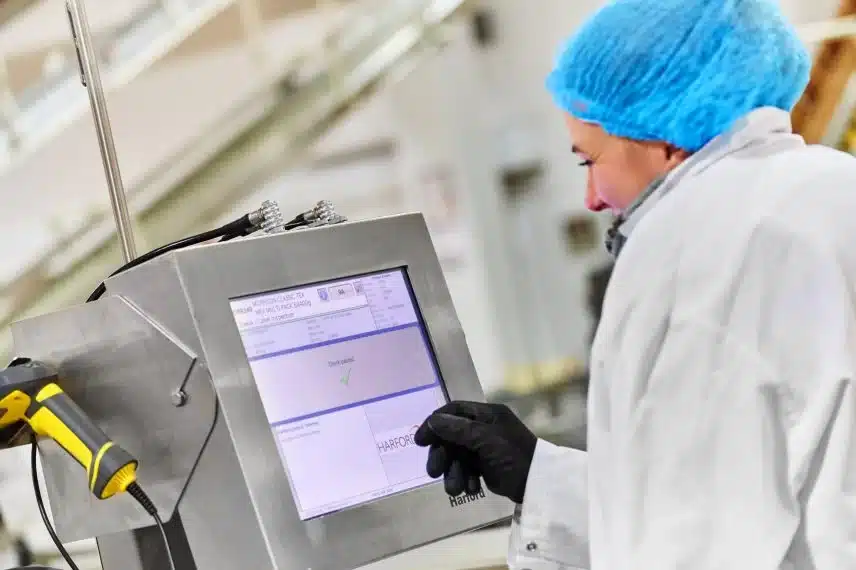
Why Work with Harford Control
Over several decades, Harford Control has worked tirelessly with a wide range of factories across five continents to help optimise their production performance.
With the Harford Manufacturing Execution System (MES) tailored to individual needs, it becomes easier to reduce errors, find the hidden wastage and consequently become more efficient, whilst continuing to deliver consistently high quality products, thereby making each business more profitable and sustainable.
Most manufacturers are facing ever increasing input and transformation costs with few opportunities to increase the output price to their customers (High Street Multiples).
This encourages manufacturers to look more deeply and widely into their production processes to find the hidden costs, minimise wastage and thereby improve efficiency, without compromising quality.
The problem of rising input costs and fixed output costs is nothing new and will not end. Therefore, performance improvement to drive down transformation costs must be continuous for each business to sustain its market position and avoid losing its place on supermarket shelves to competition.

Who We Have Helped
FAQs
-
What is waste reduction in manufacturing?
Waste reduction in manufacturing refers to the systematic efforts to minimize the number of materials, energy, and resources that are discarded or lost during the production process. This approach aims to optimize processes, reduce environmental impact, and improve overall efficiency.
-
Why is waste reduction important for manufacturing businesses?
Waste reduction is crucial for businesses as it leads to significant cost savings, improved sustainability, and enhanced reputation. By minimizing waste generation, companies can reduce disposal expenses, conserve resources, and contribute positively to their environmental footprint.
-
What are common strategies for reducing manufacturing & factory waste?
Common strategies for waste reduction encompass process optimization, material substitution, recycling initiatives, energy-efficient practices, and lean manufacturing principles. By identifying and addressing wasteful processes, companies can efficiently reduce waste generation.
-
Is waste reduction applicable to all types of manufacturing businesses?
Yes, waste reduction is applicable to various industries, including manufacturing, food and beverage, pharmaceuticals, cosmetics, and more. Any sector generating waste can benefit from strategies aimed at minimizing waste production and promoting sustainability.
-
How can businesses measure the success of waste reduction initiatives?
Businesses can measure waste reduction success by tracking metrics such as reduced waste volume, increased recycling rates, lowered disposal costs, and improved resource utilization. These indicators reflect the positive impact of waste reduction efforts.









